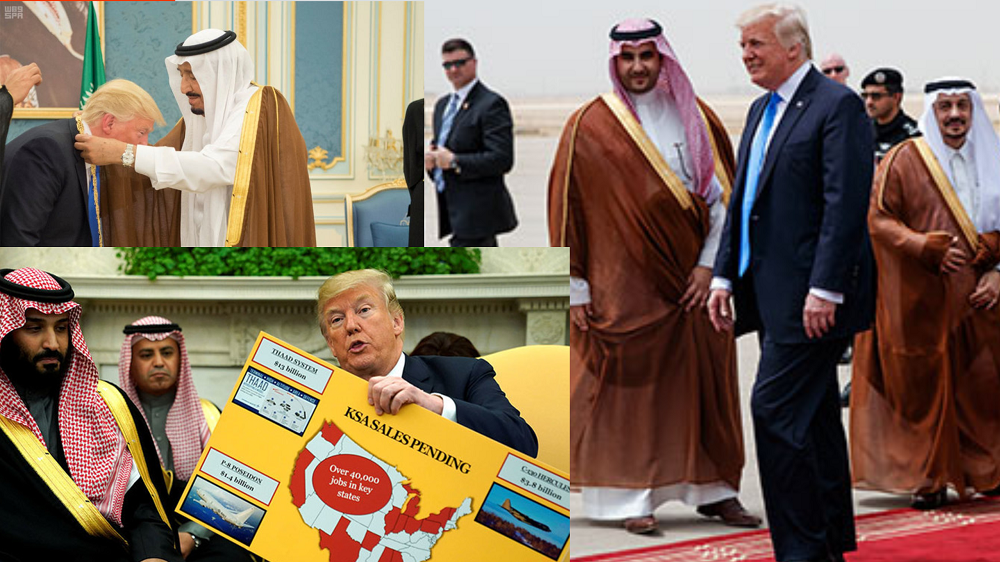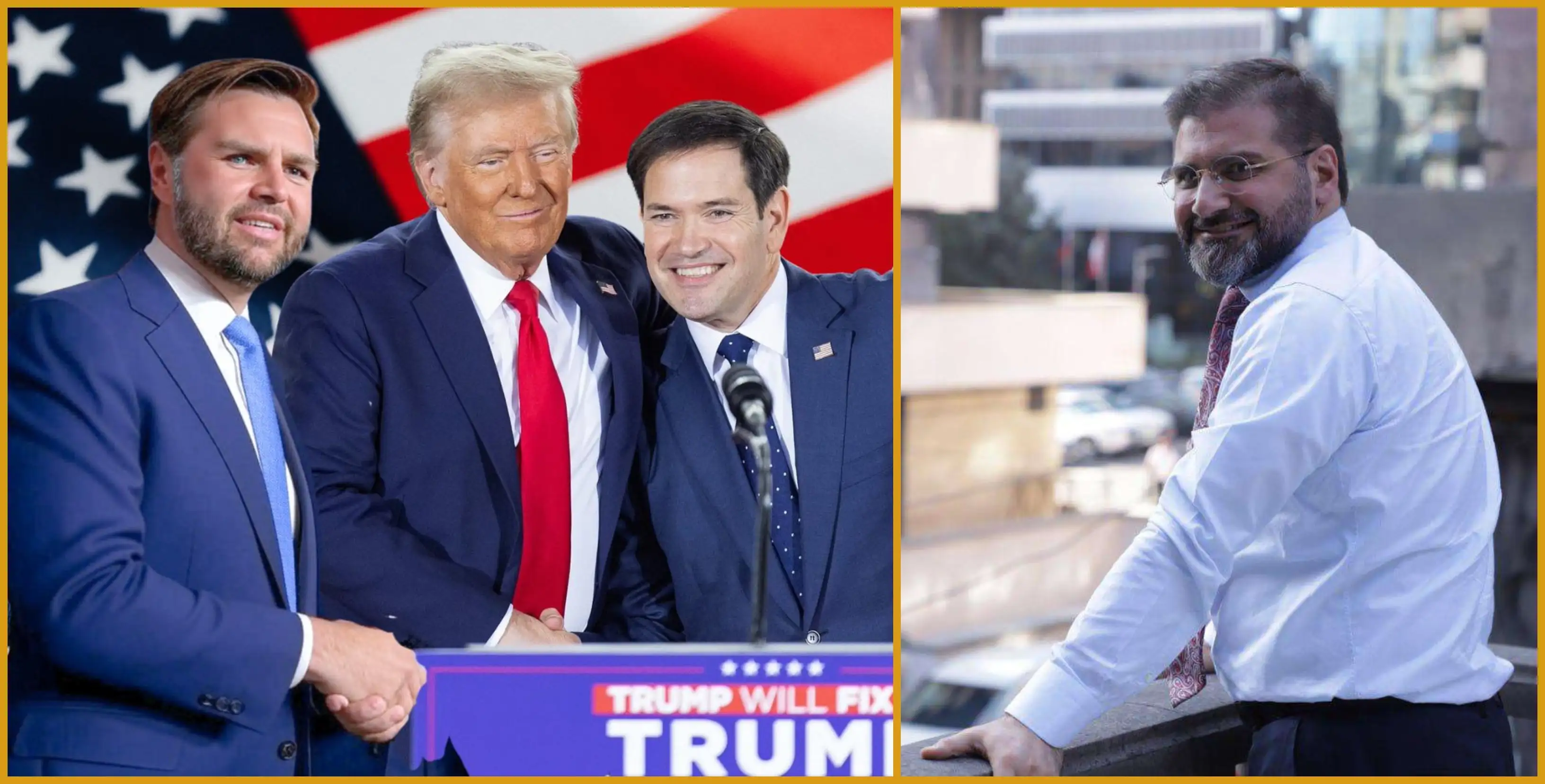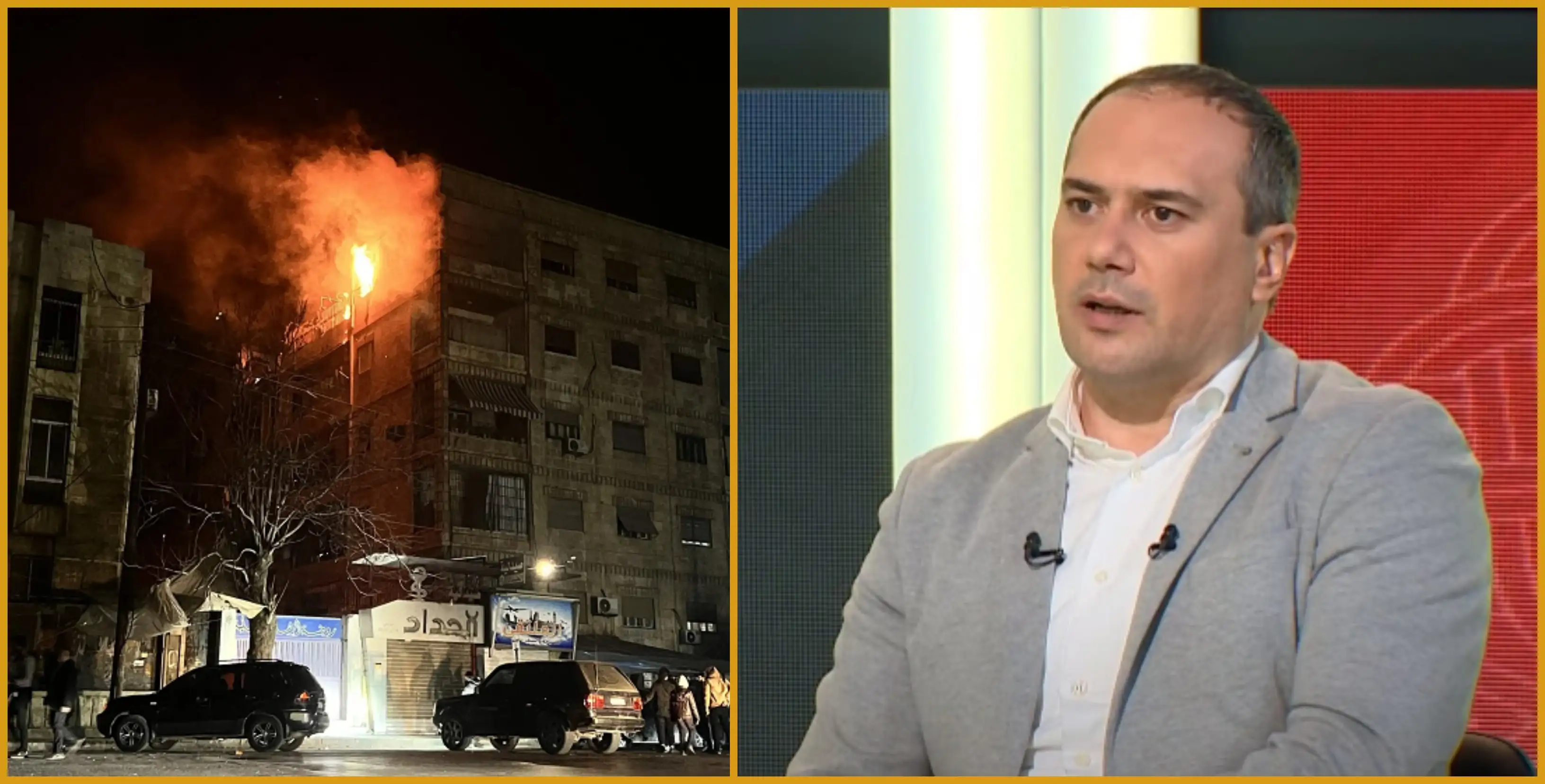US President Donald Trump will soon visit the UAE. In the meantime, Ivan Eland, director of the Center for Peace and Freedom, published an article in Responsible Statecraft. Here is the article:
“The Trump team’s latest attempt to normalize relations between Saudi Arabia and Israel goes too far and appears to be a one-way street.
The Trump administration is reportedly negotiating a deal with Saudi Arabia that could pave the way for commercial nuclear power development in the desert kingdom and possibly even lead to uranium enrichment on Saudi soil.
The US pursuit of this deal should be halted, as the United States would bear all the additional obligations, costs, and risks for very little in return.
Through the Abraham Accords, signed in early 2020 and 2021, the first Trump administration brokered bilateral agreements to normalize diplomatic relations between Israel and the Middle Eastern countries of Bahrain, the United Arab Emirates, Morocco, and Sudan. The administration also tried to persuade Saudi Arabia to recognize Israel as a sovereign state and begin similar relations but without success.
The Biden administration continued to work in this direction, but engaging Riyadh became even more difficult after Hamas attacks on Israel and the outbreak of war in the Gaza Strip in 2023. The increasing civilian death toll and the humanitarian crisis heightened the importance of the Palestinian issue, fueling hostility towards Israel in the region. Saudi Arabia, at the time, demanded that Israel take concrete steps toward the creation of an independent Palestinian state before any talk of a settlement could be made.
This demand continued this year when the Saudi government denied President Donald Trump’s claim that Riyadh had abandoned the demand for the creation of a Palestinian state to normalize relations with Israel.
Although efforts to end the Gaza war were unsuccessful, the second Trump administration now appears to be reviving efforts at Israeli-Saudi reconciliation, starting with a new US-Saudi agreement, as noted by US Secretary of Energy Chris Wright.
The problem is that such a grand deal would benefit all countries except the one brokering it, the United States, which would bear all the costs. Israel and Saudi Arabia would be the biggest beneficiaries. Saudi Arabia has long wanted a nuclear energy deal. Meanwhile, if a settlement were to occur, Israel would neutralize a now powerful Arab rival and perhaps even gain a new ally in the fight against Iran (but it would have to be done quickly, as Riyadh and Tehran have recently developed some rapprochement).
Saudi Arabia has also sought formal security guarantees, which are reportedly being discussed under the Biden administration. This would replace a long-standing informal agreement between President Franklin Roosevelt and Saudi Arabia’s King Abdulaziz Ibn Saud, which guaranteed the desert kingdom’s security in exchange for cheap oil supplies to the United States.
However, 37 With a trillion dollars in national debt, why should the United States take on yet another “guardian” who doesn’t pay its fair share of security (a common complaint of Trump about other allies)? Thanks to fracking, the United States is no longer short of oil, as Roosevelt predicted, and is once again the world’s largest oil producer. A formal defense agreement with Saudi Arabia would incur additional costs, deepen US involvement in the region, and put American troops at risk if Washington were to have to defend and bail out Riyadh in the event of a military conflict with its neighbors.
Besides, what could go wrong if Saudi Arabia were given a nuclear program? Negotiations on an Israel-Saudi deal had previously stalled when the Saudis objected to restrictions that would have prevented the commercial atomic program from being used to build nuclear weapons (to counter Iran’s nuclear capabilities) or to help other countries acquire them.
The Saudis have long wanted to be able to enrich uranium, possibly to bomb-grade levels, on their soil rather than importing already enriched uranium that can only be used to generate commercial energy.
Some in the United States argue that the Saudis could acquire nuclear technology from other countries, such as Russia or China. Still, if they resist safeguards that prevent them from building weapons, it doesn’t matter who provided them with the technology.
Therefore, the Trump administration should stop pursuing such an agreement with the Saudis in the futile pursuit of a grand Israeli-Saudi rapprochement. Normalizing relations between the two countries would be an excellent goal for the region (if only to isolate Iran and not to contradict). Still, the US’s compliance with the Saudis’ excessive demands would be too costly.
Ultimately, a bilateral settlement must meet the interests of both countries, so they should negotiate it independently, without being patronized by the United States.”
Prepared by Arman Galoyan


















